Welcome to Tooba Fashions


- Shop By Men's Brand
- Alfirdous Thobe
- Qatary Thobe
- Emirati Thobe
- Moroccan Thobe
- Dafah Thobe
- Armani Thobe


Welcome to Tooba Fashions
80.00
Add to wishlist
Quick view
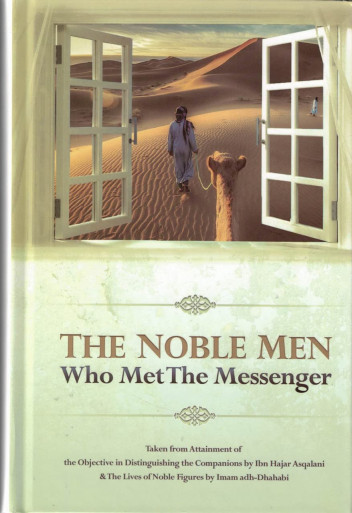 New
shopping_cart
New
shopping_cart
25.00
Add to wishlist
Quick view
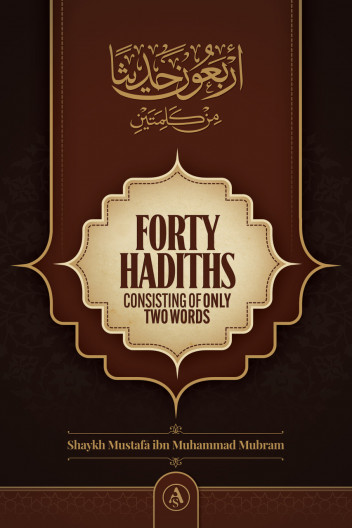 New
shopping_cart
New
shopping_cart
12.00
Add to wishlist
Quick view
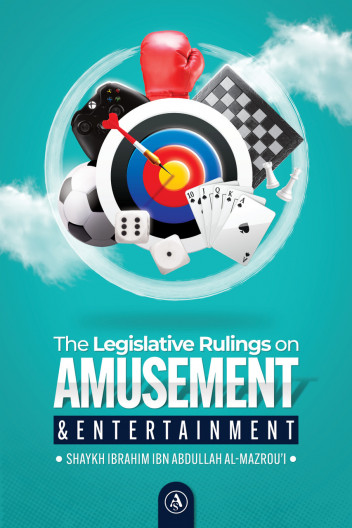 New
shopping_cart
New
shopping_cart
25.00
Add to wishlist
Quick view
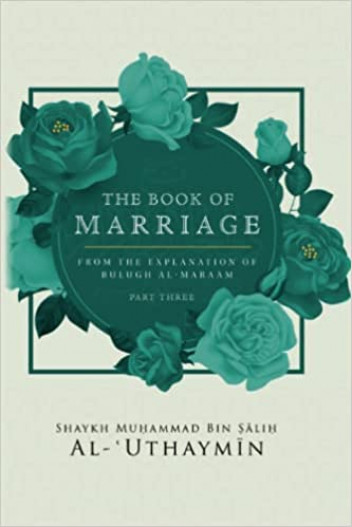 New
shopping_cart
New
shopping_cart
25.00
Add to wishlist
Quick view
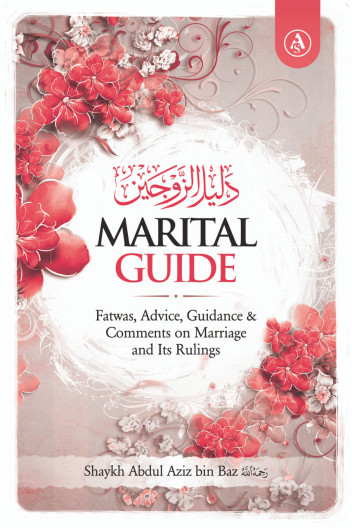 New
shopping_cart
New
shopping_cart
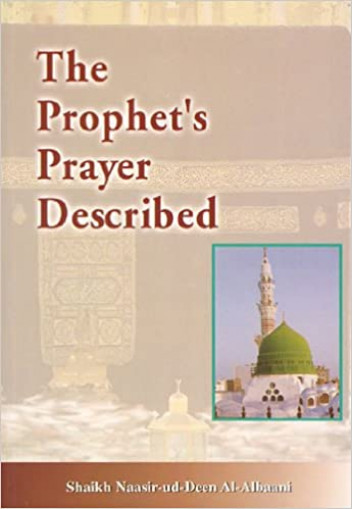 New
shopping_cart
New
shopping_cart
20.00
Add to wishlist
Quick view
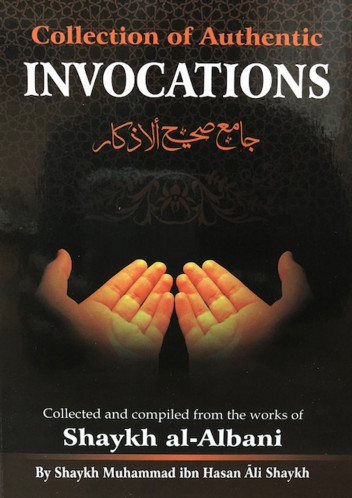 New
shopping_cart
New
shopping_cart
22.00
Add to wishlist
Quick view
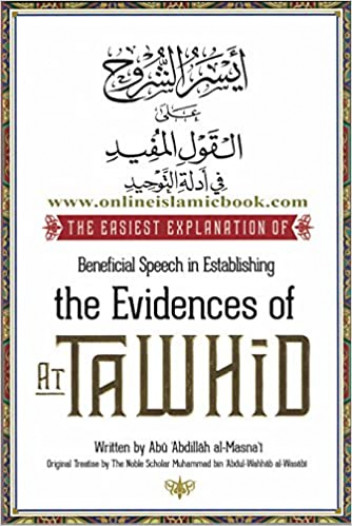 New
shopping_cart
New
shopping_cart
20.00
Add to wishlist
Quick view
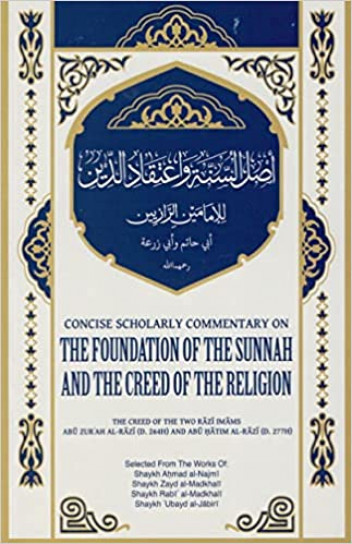 New
shopping_cart
New
shopping_cart
35.00
Add to wishlist
Quick view
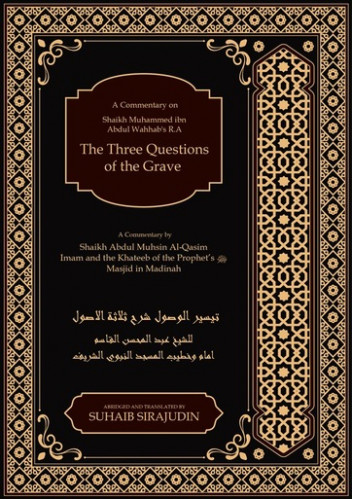 New
shopping_cart
New
shopping_cart
20.00
Add to wishlist
Quick view
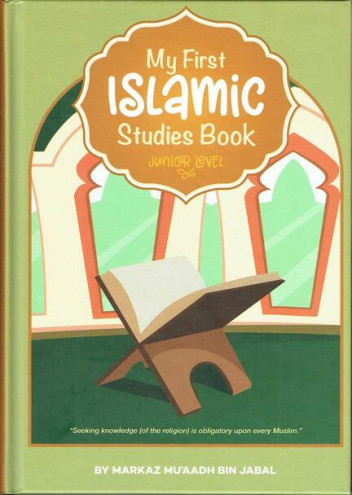 New
shopping_cart
New
shopping_cart
10.00
Add to wishlist
Quick view
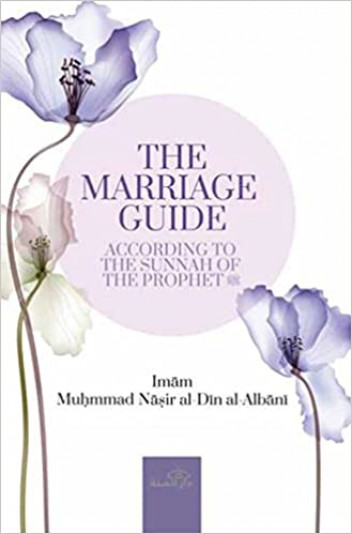 New
shopping_cart
New
shopping_cart
12.00
Add to wishlist
Quick view
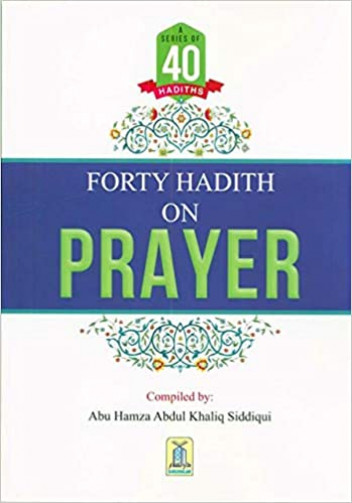 New
shopping_cart
New
shopping_cart
18.00
Add to wishlist
Quick view
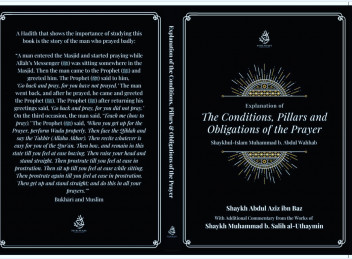 New
shopping_cart
New
shopping_cart
10.00
Add to wishlist
Quick view
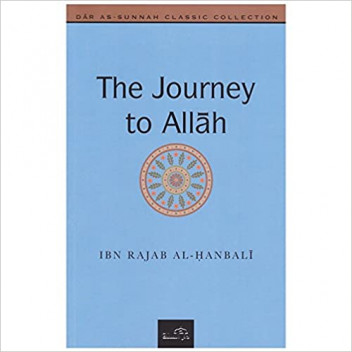 New
shopping_cart
New
shopping_cart